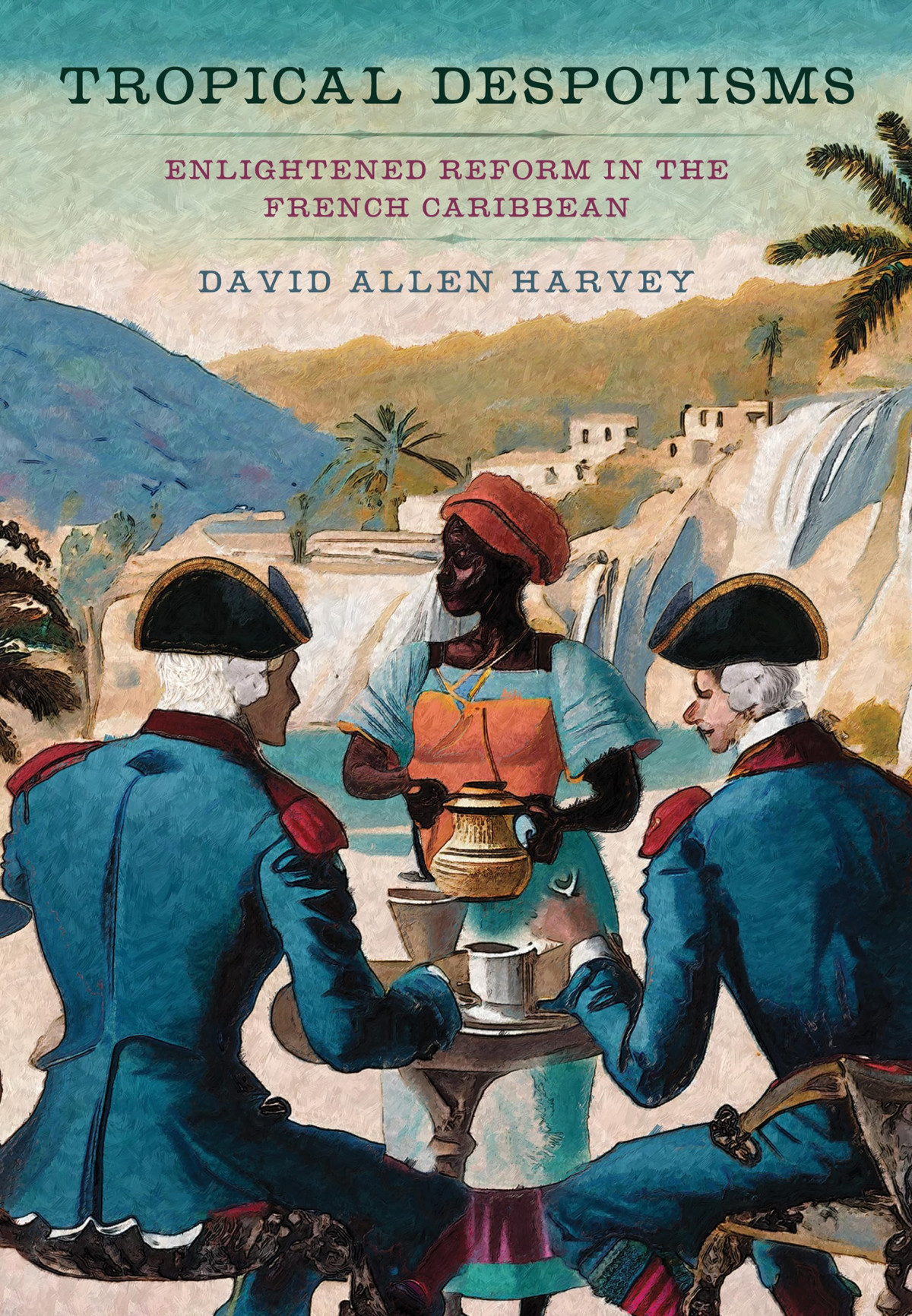

Most ebook files are in PDF format, so you can easily read them using various software such as Foxit Reader or directly on the Google Chrome browser.
Some ebook files are released by publishers in other formats such as .awz, .mobi, .epub, .fb2, etc. You may need to install specific software to read these formats on mobile/PC, such as Calibre.
Please read the tutorial at this link: https://ebookbell.com/faq
We offer FREE conversion to the popular formats you request; however, this may take some time. Therefore, right after payment, please email us, and we will try to provide the service as quickly as possible.
For some exceptional file formats or broken links (if any), please refrain from opening any disputes. Instead, email us first, and we will try to assist within a maximum of 6 hours.
EbookBell Team

4.3
58 reviewsFollowing France's humiliating defeat at the hands of the British, a loose coalition of frustrated and enlightened reformers hoped to promote imperial regeneration in order to restore France's wounded national pride, stabilize and strengthen the Antillean colonies, and bind the colonies more closely to the metropole.
David Allen Harvey describes the historical relationship between capitalism and slavery in the making of the modern world economy and moves beyond simplistic arguments by discussing the contingent and evolving dynamic between the two. As a result, he reveals how capitalism and slavery developed in tandem in the eighteenth-century Caribbean but explains that reformers sought to enact a gradual transition to a free wage labor regime more in keeping with capitalism's ideal of free and voluntary contractual relationships between formally equal parties.
Tropical Despotisms provides a new perspective on the social and demographic structure in the French Antilles and the wider French Atlantic world. Harvey uncovers not only the deep and critical debates around the issues of slavery and race but also the efforts by enlightened reformers as they proposed rethinking the political and economic structures by which the empire had been ruled, rationalizing governing institutions, and liberalizing trade.